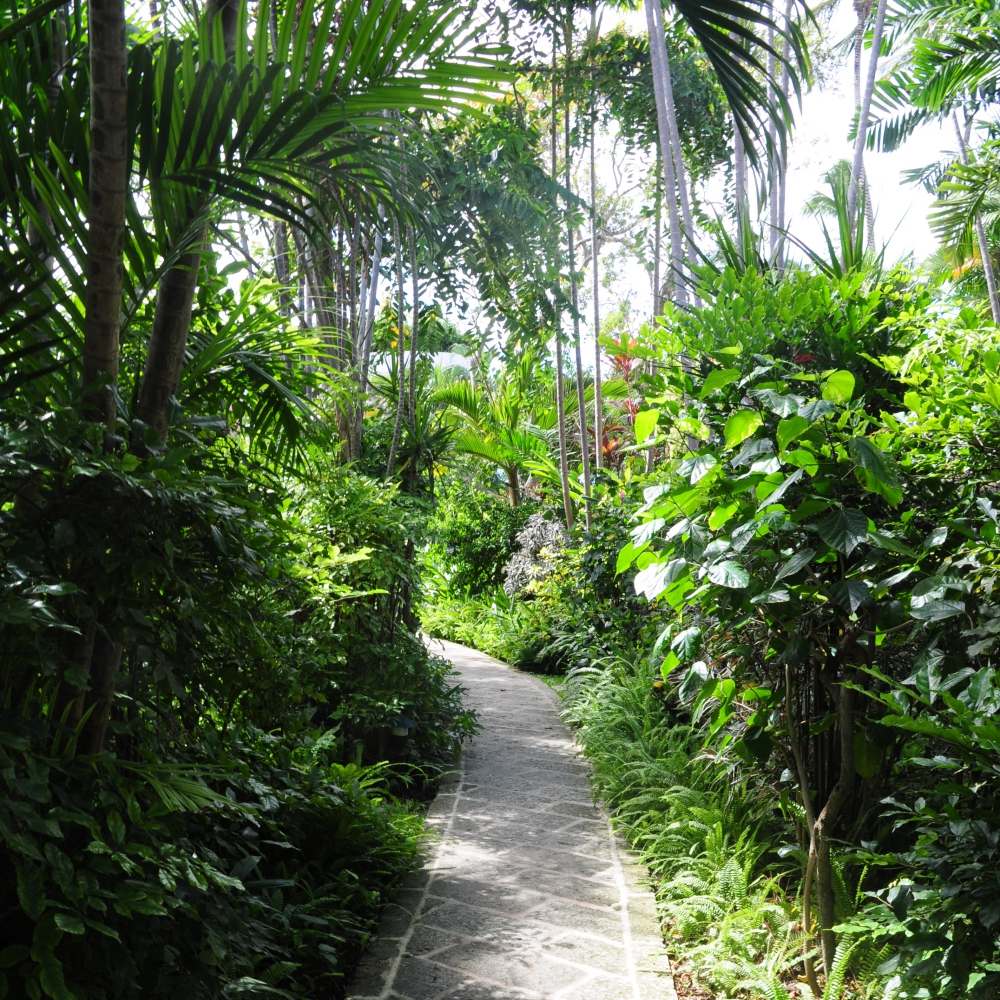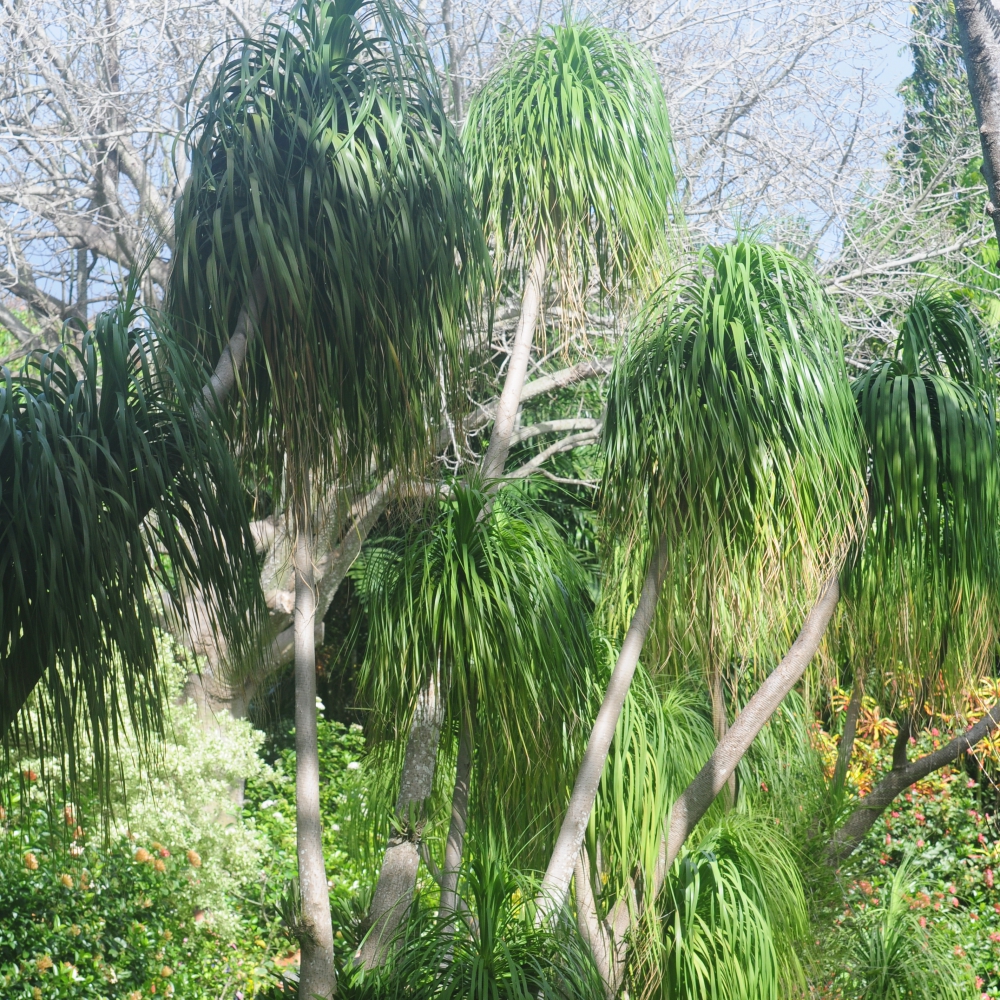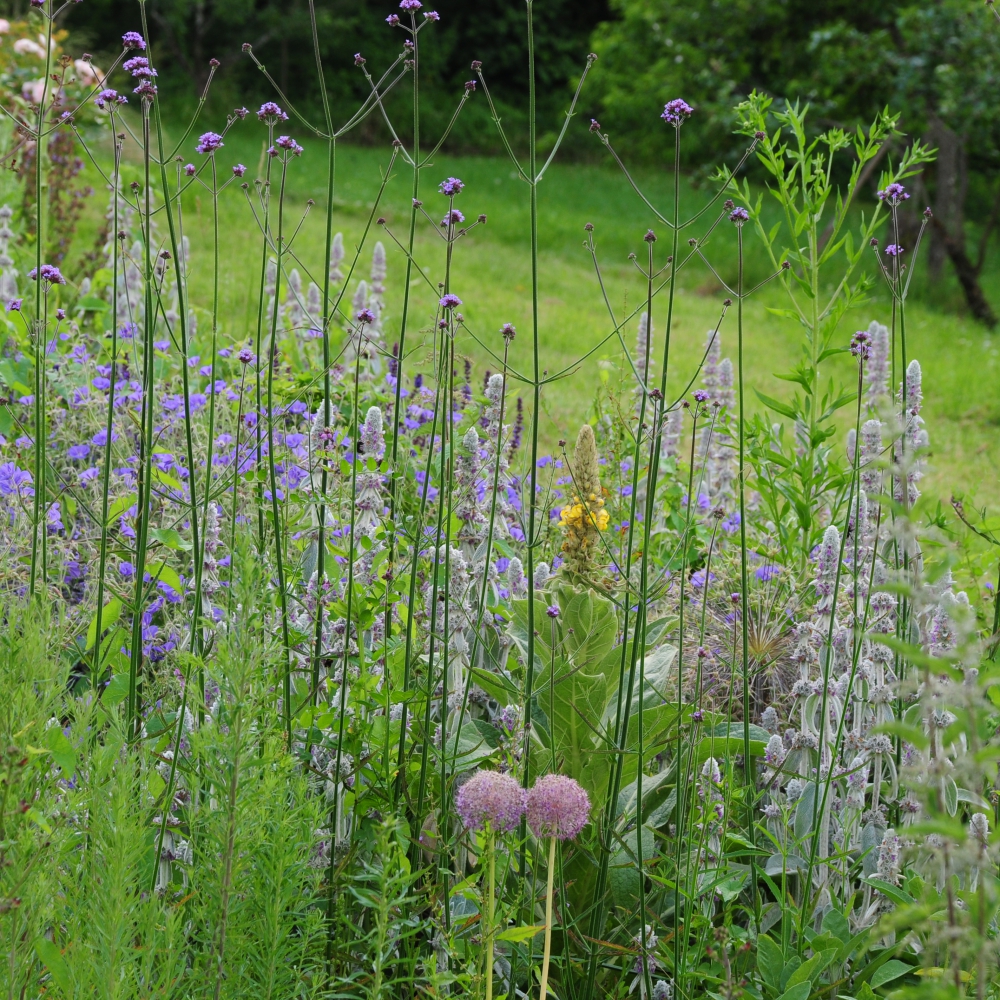A different view of Barbados
I had another fabulous holiday in Barbados this year. Here are some of my favourite photos, possibly not the sort you'd find on a holiday website.
Return to the Hungry Cyclist's Garden
It's a treat to go back to a garden you've fallen in love with and see it anew in a different season.
Last time I was in The Hungry Cyclist's garden it was, literally, blazing June with many of the flowering perennials at their peak
Now at the end of September its the turn of later flowering plants, fruit and trees.
The low light early in the morning (8am rather than 5.30) filters through the wilting flowers and grasses, highlighting the dew and cobwebs.
The stalwarts of late summer include Sedums and Persicarias, whilst Lavander and Perovskia are just about hanging on to their faded blue stems.
The fruit trees are fully laden, the changing leaves are drifting towards earth and a deep mist hangs across the valley after a night of heavy rain.
It's tempting at this time of year to get into tidy-up mode. But if you do it now you face a long winter of stasis
This is when you might be glad of a little more structure in the garden, like these rough square beds, creating views across the garden.
At the other end of the day the light is softer.
Early evenings in autumn are a real pleasure in good weather, a good time to enjoy the view.
And the fruits of nature.
The Hungry Cyclist/Gardener.
A big thanks to Tom, Chris, Desna, Nicola, Rob, Sarah and Susannah for a fab week. And finally, the real star of the garden - Mirabelle
The Hungry Cyclist - www.thehungrycyclist.com
Cobblers Cove Hotel
Every year the Barbados Horticultural Society manages to persuade some of its members to open their gardens to the public. The last open garden of the year was the Cobbler's Cove Hotel in St Peter.
Every year the Barbados Horticultural Society manages to persuade some of its members to open their gardens to the public. The last open garden of the year was the Cobbler's Cove Hotel in St Peter.
his boutique hotel is owned by the Godsall family. The garden is as much of a draw as the luxurious rooms and beautiful setting on the coast
The garden has undergone a gentle upgrade under the eye of garden consultant Niki Farmer. From my conversation with her it has been an enjoyable job, despite the fact the owner doesn't like yellow flowers or variegated leaves.
All the rooms and suites open out onto or look over probably the most immaculate garden I've ever seen.
There are many tropical and meditteranean plants and flowers familiar to us in the UK, usually as house plants, such as Bourgainvillia, Brugmansia and dozens of different palm trees.
Some are less well-known, as plants anyway, such as this Ylang-ylang tree, whose flowers are used in many perfumes.
One of the guests had not checked in but was making himself at home anyway. I was just dying for this green monkey to nip in to the room and help himself to the hotel soap, but he was very well behaved.
The green monkeys are not native to Barbados but come orginally from Gambia and Senegal. Over 75 generations they have developed different behaviours and characteristics to their ancestors.
Its amazing to think this garden is just a few metres from the beach. Shelter from the prevailing winds, plus plenty of sunshine and rain, makes Barbados gardens lush. Large trees can reach maturity in just 25 years.
Brightly coloured flowers can co-exist in close proximity with shade-loving ferns, something that's almost impossible to achieve in the UK.
Of course there were refreshments. Tea, naturally, iced-coffee and, rarely to be found in an NGS garden, rum punch. The icing on the cake was a plentiful supply of fresh Bajan fish cakes, so hard to find after the strange disappearance of the world famous fishcake stall from Speightstown.
Cobbler's Cove Hotel - http://www.cobblerscove.com/
Niki Farmer doesn't have a website but I'm guessing she can be contacted through the Cobbler's Cove Hotel.
Ole Dam Mikkelsen's garden
Ole Dam Mikkelsen has made this magnificent garden in Barbados from an abandoned sugar cane field in just 33 years. It is full of huge trees, orchids, cacti and palms - only in the tropics can trees this size reach maturity in such a short time.
The tree on the left I was told is a coolie nut tree from Brazil. I've tried to look it up without success.
I hope you will bear with me in my ignorance of most of the plants in this garden. It is extraordinarily difficult to find the names of plants just by googling "tropical plant with stripey leaves" for example, or "tree with spikey bark from Barbados". The flower above is called Cat's whiskers but I've no idea what the Latin name is.
This one, Hura crepitans, is known locally as the sandbox tree, monkey no climb and also the dynamite tree (the sound the fruit makes when it splits). The sap has been used to poison fish and the unripe seeds were sawn in half to make sandboxes for pens.
One of the main features of this garden was the variety of trees. This one, I have found, is the Silk Tassle Tree.
This tree featured on a Gardener's World programme recently but I can't find the episode to get the name.
However, even I could identify tiny mangoes.
And breadfruit, although I've still never eaten one. Breadfruit trees (Artocarpus altilis) were brought to the Caribbean by Captain Bligh from the South Pacific for the express purpose of feeding slaves. It is one of the highest yielding fruit trees, producing up to 150 fruits a year, each weighing up to 6kg. Nutritionally it is still an important food, high in vitamins C and B3, potassium and omegas 3 and 6.
What on earth is this? There was a row of them, each about 10m tall.
And these are the roots of a large fig tree, looking like a box of snakes.
The foliage, mostly evergreen, is pretty spectacular as well.
Not always very friendly, unusual for Barbados.
The flowers are vivid in colour and dramatic in form. This is Adenium obesum, known as the desert rose in Barbados, although it is thought to have come from East Africa originally. It flowers in the dry season (winter in Barbados) when most of the leaves drop off, leaving just these flourescent flowers on display.
Here are the stripey leaves. I doubt I would plant this in a garden in the UK but here it looks fab.
This is some sort of semperviven, or maybe an aloe..
Now, where's that rum punch?
Chateau Villandry
My first vist to Chateau Villandry was pretty inauspicious. On a cycling tour of the Loire with friend Helen, I was pretty chateau'd out by the time we got to Villandry. Helen was still game for yet another chateau tour but I opted to sit outside and read a book. A couple of decades later (maybe more), on another cycling holiday, I found out what I'd missed.
There's been a building on this site since 1189 but the Chateau as it stands to date was built around 1536. It was the last of the great renaissance chateaux to be built along the Loire. By the 19th century the chateau had an English style park around it but in 1906 it was bought by a Spaniard, Joachim Carvallo, who was determined to reinstate the original renaissance gardens.
The gardens are extremely formal, symmetrical, loaded with symbolism and mostly set out in the form of parterres. This means they are best viewed from above, historically from inside the chateau, but also from various vantage points around the garden. The scale of the gardens, and the intensity with which they are gardened, is quite astonishing.
The Ornamental Garden contains several parterres symbolising different forms of love - "tender love", "flighty love" etc, etc. Another parterre contains a Maltese Cross, a Languedoc cross, a Basque cross and stylised representations of fleurs de lys.
At the top of the garden is a huge ornamental lake set out in the shape of a Louis XV mirror. At first I thought this quite a boring part of the garden, there is little planting here, just a few pieces of topiary and some fountains set below a cloister-like walk under lime trees. However, it is the least busy part of the gardens (in terms of pattern and planting) and feels quite restful.
The Sun Garden is the most recent addition to the gardens at Villandry, designed in 2008 to make the centenary of Carvallo's restoration. It consists of childrens' room (a must these days I suppose), a sun room of oranges and yellows (my favourite)
and a cloud room of blues and whites.
One part of the garden, which doesn't seem to have a name, combined the formality of a box parterre with the informaility of planting in the Sun Room.
The blue flowers are mostly Perovskia and Salvia uglinosa and the pink are Gaura Rosyjane.
The largest part of the garden is the vegetable garden. Although the production of fruit and vegetables seems to be important the emphasis is on combining colour schemes with botanic science. The garden is planted twice a year and is now organic. Everything is still planted in box-lined symmetrical beds of course.
Companion planting is used to protects crops from pests and diseases.
One of the best things about gardens like this is finding corners that you're not sure you're supposed to be in, like this glasshouse. More art nouveau than renaissance, but still fab.
As usual there wasn't time, and less inclination, to go inside the Chateau. There was a tearoom but it was outside and it was raining and I didn't think the tea would be up to much. And there was the thought of dinner here - http://www.letapegourmande.com/ to keep me going. It was worth it (as was the long walk uphill to get there).
Thanks to Rachel and Chris for a fab holiday.
Chateau Villandry - http://www.chateauvillandry.fr/en/ By the way - ten full-time gardeners work here...
For more information about the bike ride - https://inspiringbikerides.co.uk/bike-ride/france-the-loire/
The Hungry Cyclist's Garden
I've just returned from a fab five days in Burgundy, staying at the beautiful Le Moulin Prunier, home of the Hungry Cyclist, Tom Kevell-Davies. Restoring the old mill as a guest lodge, running cycling tours, cooking, brushing up on his wine knowledge (for research purposes only) has been a labour of love for the past four years.
The Mill is set in five acres of land, including a stream, mill pond, orchard and nuttery and a garden. Unusually for me I was up most mornings at 5.30am and I finally discovered why most garden photographers think this is the best time of day. The light is soft, the shadows long, there is still dew on the ground and, most importantly, no one else is around.
The English Border, as I like to call it, was initially dug over by wild boar. The perennials here are mostly gifts and swaps with a few purchases.
At this time of year there is a predominance of soft blues, purples and grey
Stunning when back-lit against the early morning sun.
At the top of the garden is the mill pond. It was fascinating to see how this changed with the different light and weather conditions.
Early in the morning, before the sun falls on it, the water is a deep and cool green. A kingfisher uses this bird house as a fishing perch apparently.
After a huge thunderstorm the water level rose nearly a foot in height. Most of the plants became submerged and the water fully reflected the surrounding foliage.
Successful country gardens reflect and draw on the countryside around them. Tom's garden is no exception, with views of the vineyards that surround the village. Pinot noir and chardonnay, if you're wondering.
Tom's other passion is collecting - cycling memorabilia and bric a brac. The garden contains a few well-placed pieces of furniture, including this old bench.
This bridge across the stream is made from an old wine barrel, quite a large one by all accounts.
I couldn't work out if this collection of pieces was deliberate or random in its placing, next to the cellar.
During my stay I was lucky enough to borrow a macro lens for a day. It was quite tricky to get the hang of (more practice needed), but some beginner's luck resulted in a few good shots.
Tom is aided and abetted by the delightful Mirabelle.
Really the best thing about being up this early is that someone else has made breakfast, ready just when you need it.
A big thankyou to Tom, Desna, Susannah, Sarah, Chris and Rob for a fab holiday.
The Hungry Cyclist Lodge - http://www.thehungrycyclist.com/



















































































